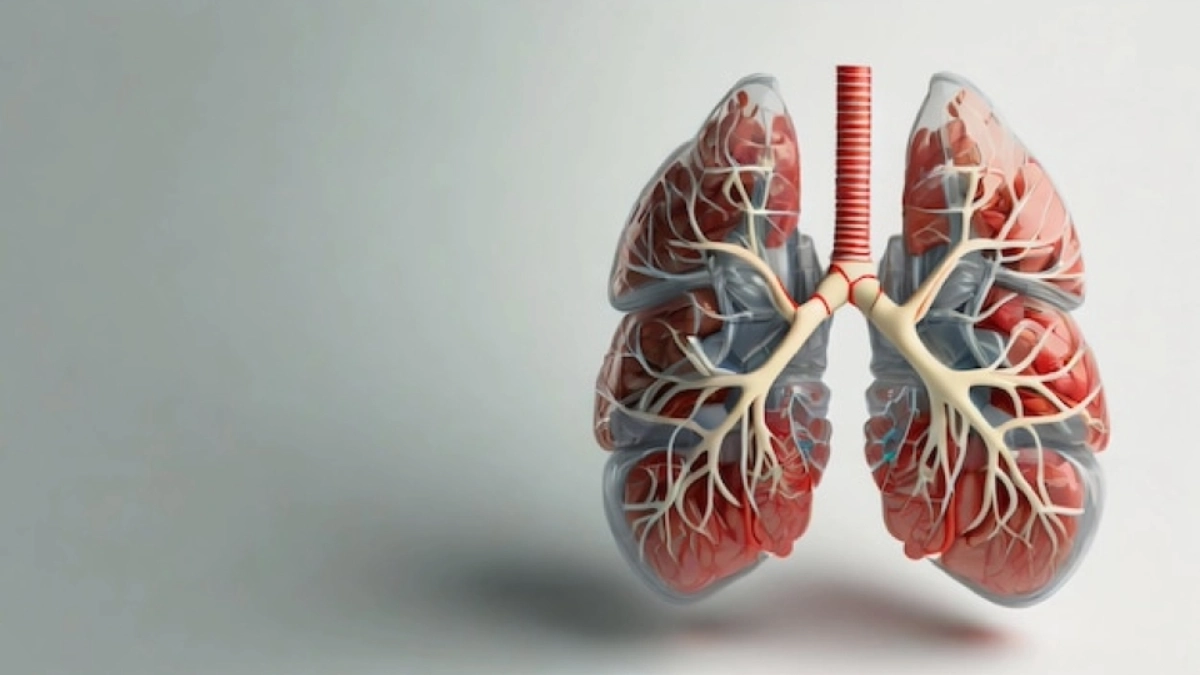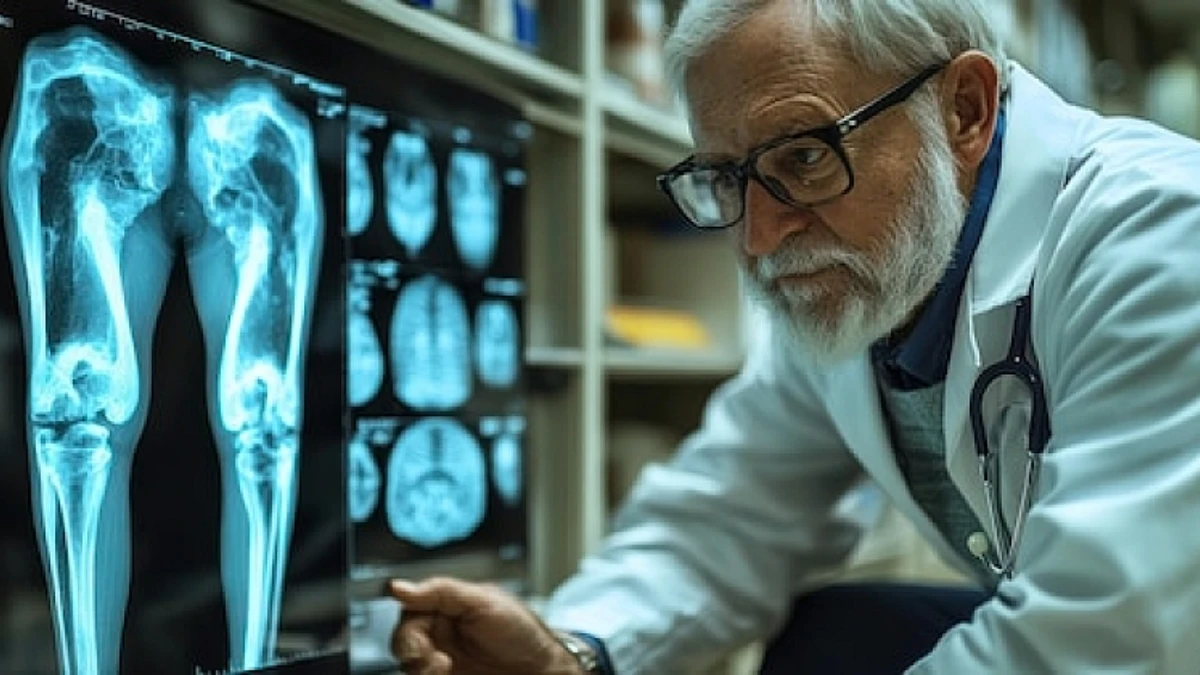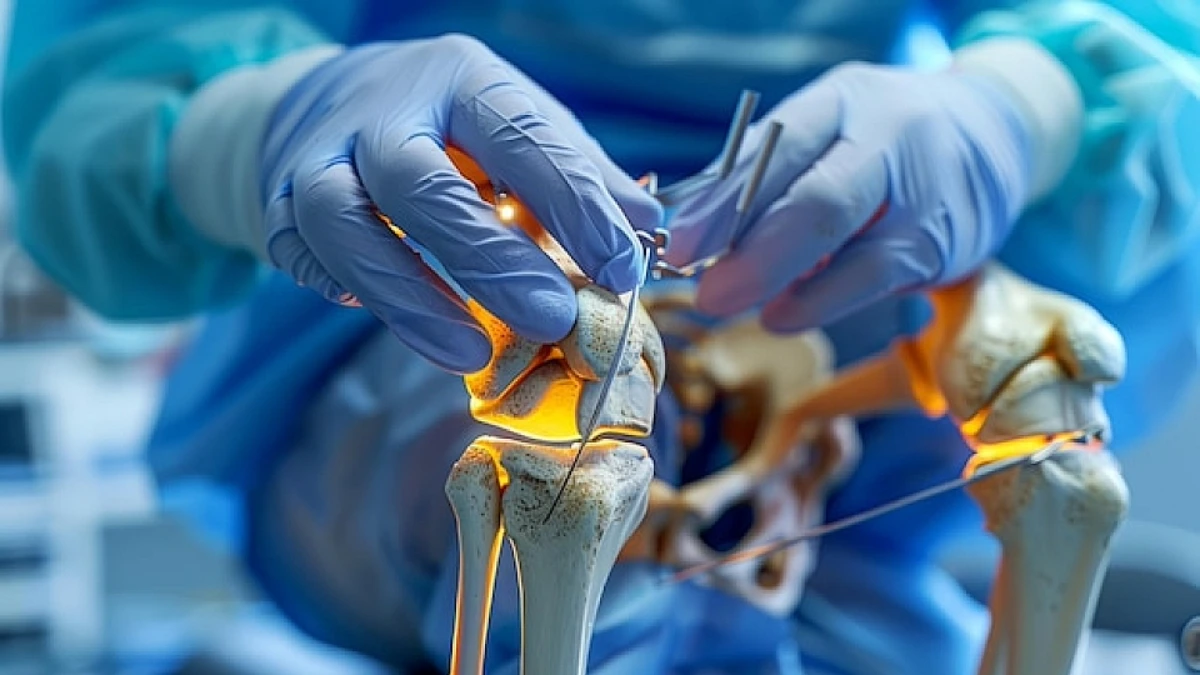Lung cancer treatment in Turkey is a collaborative effort by some of the world’s best medical specialists and facilities. Here, specialized treatments are tailored to cater to the individual needs of patients, encompassing a variety of modalities including surgery, chemotherapy, radiotherapy, and innovative therapies like immunotherapy and targeted therapy.
Types of Lung Cancer
Lung cancer is classified into two main categories, each with specific treatment protocols:
Non-Small Cell Lung Cancer (NSCLC)
NSCLC is the more prevalent form of lung cancer, known for its various subtypes such as adenocarcinoma, squamous cell carcinoma, and large cell carcinoma. Treatment options vary based on the stage and characteristics of the cancer and may include:
- Surgical Removal: If localized in one lung and the patient is healthy, surgery is the likely course.
- Chemoradiotherapy: Used when surgery isn’t feasible due to health risks.
- Targeted Therapy: Applied for cancers with specific genetic markers.
Small Cell Lung Cancer (SCLC)
SCLC is less common and is almost exclusively linked to heavy smoking. This type often necessitates systemic treatments such as:
- Chemotherapy: Sometimes in combination with radiotherapy.
- Immunotherapy: Used to enhance the body’s immune response against cancer cells.
Advanced Diagnostic Methods
Before commencing treatment, comprehensive diagnostic tests are essential to determine the most effective treatment plan. These might include:
CT Scans and PET Scans: To determine the location and size of the tumour.
Biopsy Procedures: To analyze the cancer type and genetics.
Pulmonary Function Tests: To assess operational lung capacity.
Tests Before Lung Cancer Treatment Surgery in Turkey
Comprehensive Assessment
Prior to undergoing surgery for lung cancer in Turkey, patients undergo a series of essential assessments to ensure safety and optimize treatment outcomes:
- Electrocardiogram (ECG): Monitors heart function to detect heart-related issues that might affect surgery.
- Spirometry: Assesses lung function, crucial for determining how well patients will breathe post-surgery.
- Exercise Stress Test: Evaluates overall cardiovascular health and physical endurance.
These tests are pivotal in crafting a safe and effective surgical plan, tailored to the individual’s health status.
Treatment Modalities for Lung Cancer Treatment in Turkey
Surgery
Surgery is a cornerstone treatment for lung cancer, especially in the early stages where the tumour is localized. Common surgical procedures include:
- Lobectomy: Removal of a large section of the lung.
- Segmentectomy: Excision of a smaller segment if the cancer is limited.
- Pneumonectomy: Complete removal of one lung if cancer is widespread.
Radiotherapy
Radiotherapy is employed using state-of-the-art technology to target cancer cells while preserving surrounding healthy tissue. Techniques include:
- Stereotactic Radiotherapy: Provides high doses directly to the tumour with minimal impact on neighbouring tissues.
- Prophylactic Cranial Irradiation (PCI): Prevents the spread of SCLC to the brain.
Chemotherapy
Chemotherapy remains a fundamental treatment, especially for systemic cancer. It can be administered before surgery to shrink tumours or afterwards to eliminate residual disease.
Immunotherapy
This novel treatment boosts the immune system’s ability to fight cancer. Drugs such as pembrolizumab and nivolumab are leaders in this class, offering hope for advanced stages.
Targeted Therapy
Targeted drugs like erlotinib attack specific cancer cell genes and proteins, which provides a more tailored and often effective treatment against cancer growth with potentially fewer side effects.
How Surgery is Performed
Surgical Techniques in Lung Cancer Treatment
The surgical approach for lung cancer depends on the tumour’s location, size, and the overall health of the patient. Common procedures include:
- Thoracotomy: Traditional open surgery where a cut is made in the chest to remove part or all of a lung.
- Video-Assisted Thoracoscopic Surgery (VATS): A minimally invasive technique where small incisions and a camera guide the surgery, leading to quicker recovery times.
Surgeons in Turkey utilize cutting-edge technology and techniques, ensuring minimal discomfort and optimal outcomes for patients.
Postoperative Care
Healing and Recovery
After lung cancer surgery, attention to recovery and postoperative care is crucial:
- Hospital Stay: Typically lasts between 5 to 10 days, allowing for monitoring and initial recovery.
- Physiotherapy: Starts soon after surgery to enhance lung function and overall mobility.
- Home Recovery: Includes mild exercise like walking and instructions on wound care and medication management.
Patients receive detailed care instructions and support from a multidisciplinary team to ensure a smooth transition to home care.
Potential Side Effects
Managing Post-Surgical Challenges
While lung cancer surgery is highly effective, it comes with potential side effects that are carefully managed:
- Pain and Discomfort: Controlled with medication as the surgical site heals.
- Breathing Challenges: Addressed through physiotherapy and exercises designed to strengthen lung capacity.
- Infection Risk: Minimized through sterile techniques and possibly antibiotics.
Choosing Turkey for Lung Cancer Treatment
Turkey is recognized for blending cutting-edge technology with highly skilled healthcare professionals. Factors contributing to its appeal as a treatment destination include:
- High Standard of Care: Hospitals in Turkey meet rigorous international standards.
- Cost-Effectiveness: Treatment costs are generally lower than in Western countries without compromising quality.
- Experienced Specialists: Many Turkish doctors have trained internationally and are skilled in the latest treatments and technologies.
Avicenna International Hospital
At Avicenna International Hospital, patients receive comprehensive care from a multidisciplinary team adept in modern cancer treatments. We encourage those seeking lung cancer treatment in Turkey to contact us for more information and personalized care planning.
Access to experienced professionals, advanced technology, and cost-effective treatment options.
Recovery can vary but generally spans from a few weeks to several months depending on the type of surgery and the patient’s health.
Yes, Turkey is a leading destination for medical tourism, offering exceptional care to patients from around the globe.







